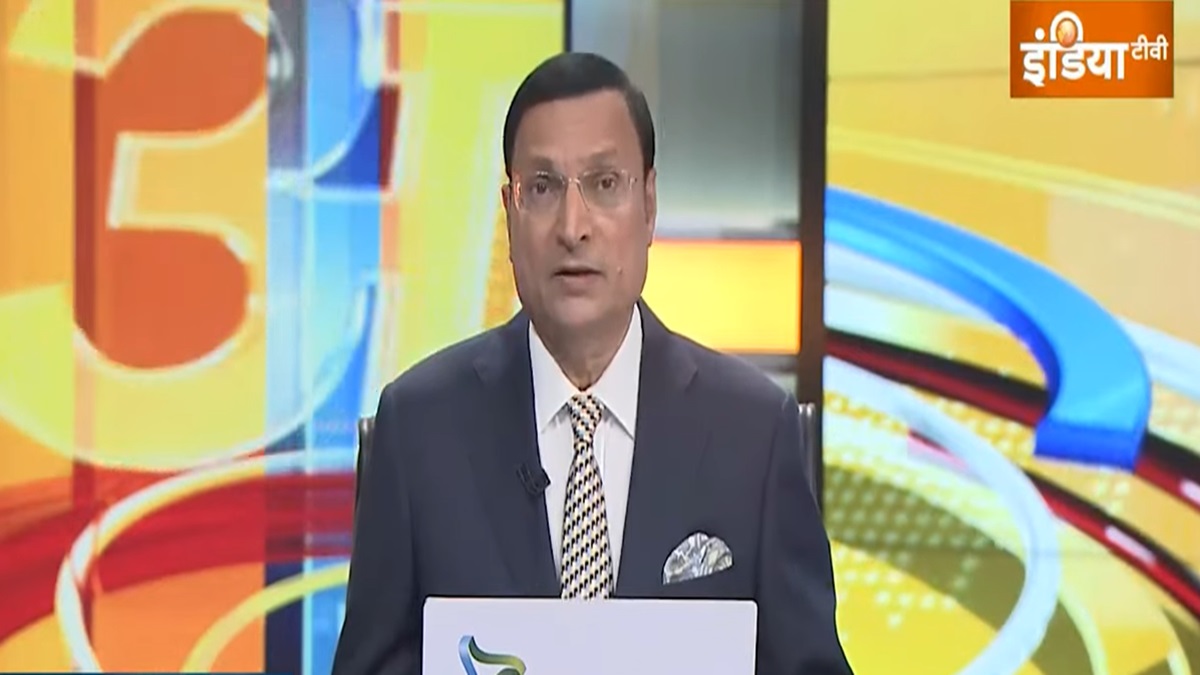 |
|
The recent effusive praise directed towards Prime Minister Narendra Modi by Jammu & Kashmir Chief Minister Omar Abdullah has ignited a significant political discussion. Abdullah's comments, delivered during the inauguration of the Sonamarg Z-Morh tunnel, stand in stark contrast to the prevailing narrative within the Congress-led INDIA alliance, of which Abdullah's National Conference party remains a member. This seemingly contradictory stance raises questions about the political dynamics at play in Jammu & Kashmir and the potential shifting alliances within the broader Indian political landscape. Abdullah's assertion that Modi has fulfilled promises made regarding infrastructure development and fair elections in the region is a significant claim, given the historical tensions and political complexities of the region. His explicit acknowledgment of increased public trust in Modi's administration represents a departure from the typical criticisms leveled by opposition parties, adding fuel to the ongoing debate about the impact of Modi's policies on the ground in Jammu & Kashmir.
The specifics of Abdullah's praise centered around Modi's commitment to bridging the gap between the hearts of the Kashmiri people ('dil') and the national capital ('Dilli'). The successful completion of the Sonamarg Z-Morh tunnel, along with other infrastructure projects such as the railway expansion in Jammu and the construction of the world's tallest bridge over the Chenab River, are presented as evidence of Modi's commitment to the region. Abdullah's statement highlighting the 'free and fair' nature of recent elections, in contrast to past experiences, further underscores his assessment of a tangible improvement in the political climate. This portrayal of progress counters narratives that emphasize human rights concerns and ongoing political challenges in the region. The significance of Abdullah's remarks lies not only in his specific praise but also in the implied endorsement of Modi's broader political agenda, a point certain to be debated within the INDIA alliance.
Prime Minister Modi's response to Abdullah's comments reinforced the narrative of successful development and fulfilled promises. His assertion, 'Yeh Modi hai, Waada karta hai toh nibhaata hai' (This is Modi, he makes promises and keeps them), succinctly encapsulates the government's approach to addressing development challenges in Jammu & Kashmir. The emphasis on the completion of large-scale projects, alongside the return of normalcy reflected in the functioning of schools, hospitals, and other essential services, serves to bolster the image of progress and stability. The reference to the 'air of joy' returning to the Valley attempts to present a positive counter-narrative to accounts highlighting ongoing challenges, portraying a marked improvement in the quality of life for ordinary citizens. The government's emphasis on the participation of the Kashmiri people in rejecting terrorism and supporting democracy is crucial, highlighting the desired shift towards a more stable and integrated political landscape.
The article also highlights the tangible improvements in the region. The increased use of multiplexes, development of rural infrastructure, and the introduction of smart classes in schools are all presented as signs of positive change. The high voter turnout in recent elections is cited as further evidence of the restoration of faith in the democratic process among the Kashmiri population. The narrative emphasizes a collaborative effort between the central government and the Omar Abdullah-led administration, presenting the current political dynamic as one of successful cooperation aimed at fostering development and stability. This emphasis on cooperation contrasts with the often adversarial relationship between the central government and regional administrations in other parts of India, suggesting a unique context in Jammu & Kashmir. The comparison to the Delhi government, where a prolonged conflict between the chief minister and the central government has allegedly hindered development, serves to further emphasize this unique collaborative approach.
However, the article's assertion of a collaborative relationship between the central and regional governments in Jammu & Kashmir needs further contextualization. While the article emphasizes the positive outcomes, it neglects to address potential criticisms or dissenting opinions regarding the governance approach in the region. The absence of perspectives from opposition parties, human rights organizations, or civil society groups creates a potentially unbalanced narrative. Further investigation would be necessary to fully assess the claims of improved human rights, free and fair elections, and overall development in the region. A more balanced analysis would require exploring multiple perspectives and verifying the presented claims against alternative data sources and reports. The article’s strong emphasis on infrastructure development alongside a celebratory tone might overshadow potential concerns about broader human rights and political issues in the region.
